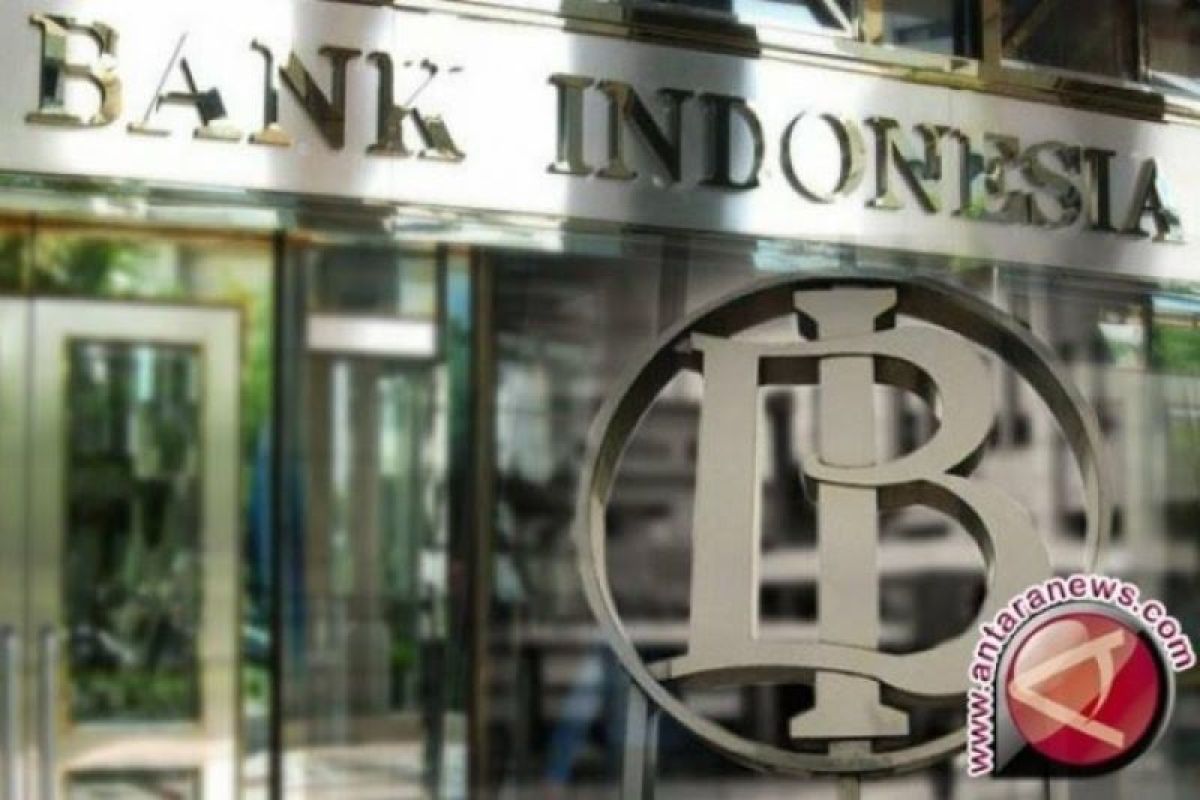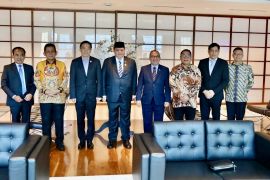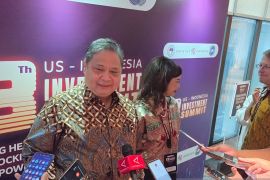In response to the statement, Governor of Bank Indonesia Perry Warjiyo remarked that Moody’s affirmation of Indonesia’s rating to the Baa2 level has confirmed the international stakeholders' optimism over the prospects of Indonesia's economic performance despite the domestic and global challenges, according to a statement from Bank Indonesia received in Jakarta, Thursday.
The still positive economic prospect is the outcome of a harmonious policy synergy between Bank Indonesia and the government in maintaining macroeconomic stability while promoting the economic growth momentum, Warjiyo stated.
Going forward, Bank Indonesia will monitor domestic and global economic developments in using its room to apply an accommodative policy mix in order to maintain controlled inflation and external stability as well as to support the economic growth momentum.
According to Moody’s, key factors that support the affirmation are robust and stable growth rates and a low government debt burden, preserved by consistent fiscal discipline and emphasis on macroeconomic stability.
On the other hand, Moody’s has highlighted some challenges faced that include a weak revenue base, the government’s reliance on external market funding, and an economic structure that remains vulnerable to commodity cycles.
Moody’s sees, a nominal GDP of just over $1.0 trillion and a population of more than 260 million coupled with a robust pace of population growth, support the economy’s shock-absorption capacity.
Despite being in a relatively slow-growth phase, Indonesia’s economy continues to outpace most Baa-rated sovereigns.
Moody’s expects that ongoing reform will address challenges, such as structural economic and regulatory bottlenecks, a burdensome and often opaque legal and regulatory system, and shallow domestic financial markets, although the process is likely to be gradual.
Moody’s noted that over recent years, reforms have primarily focused on building infrastructure, particularly transport connectivity, and deregulating policies to unlock investment.
The administration has expanded on these priorities to also include an emphasis on human capital development, by policies directed at addressing gaps in education and healthcare. Additionally, there is renewed focus on improving the ease of doing business, both through planned changes to labor and tax regulations, and a streamlining of policies and procedure.
On the fiscal side, Indonesia maintains a low government debt burden and moderate current account deficit, underpinned by a prudent policy framework and an emphasis on maintaining macrostability. Fiscal discipline is anchored by very strong adherence to a statutory deficit ceiling. Moody’s projects government debt to remain stable at around 30 percent of the GDP in the near to medium term.
On the external side, Moody’s estimates that Indonesia’s current account deficit still remains modest in comparison with other Baa peers. Moreover, external buffers are sufficient to withstand some degree of shock, denoting strong reserve adequacy.
Moody’s had earlier upgraded Indonesia’s Sovereign Credit Rating to Baa2, with a stable outlook, from Baa3, with a positive outlook (Investment Grade), on April 13, 2018. Related news: Japan credit rating agency raises Indonesia's ranking to BBB+
Related news: Fitch affirms Indonesia's sovereign credit rating at stable outlook
EDITED BY INE
Reporter: Azis Kurmala
Editor: Fardah Assegaf
Copyright © ANTARA 2020












